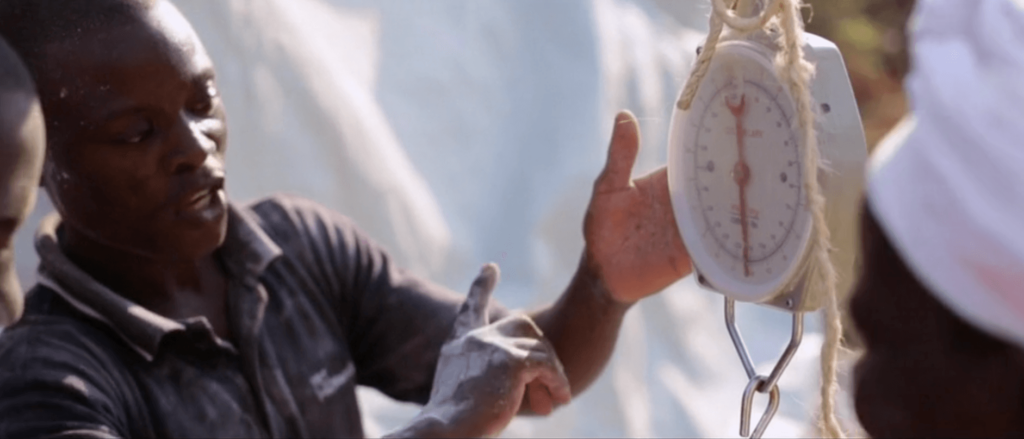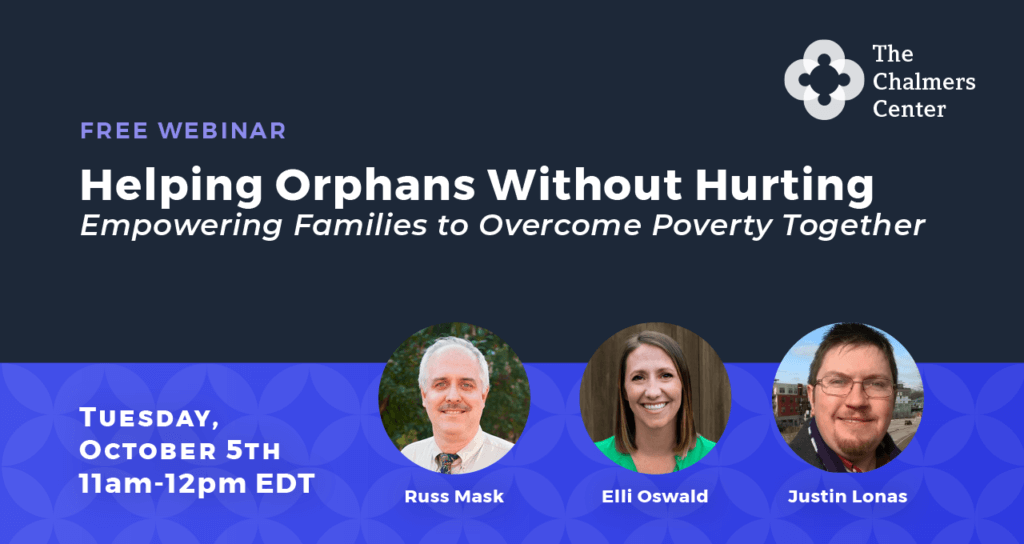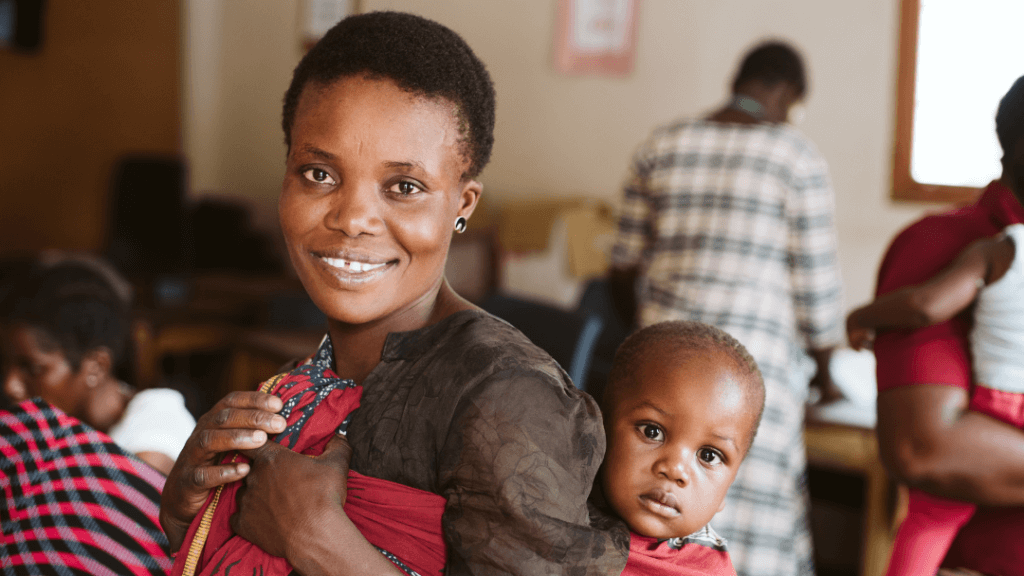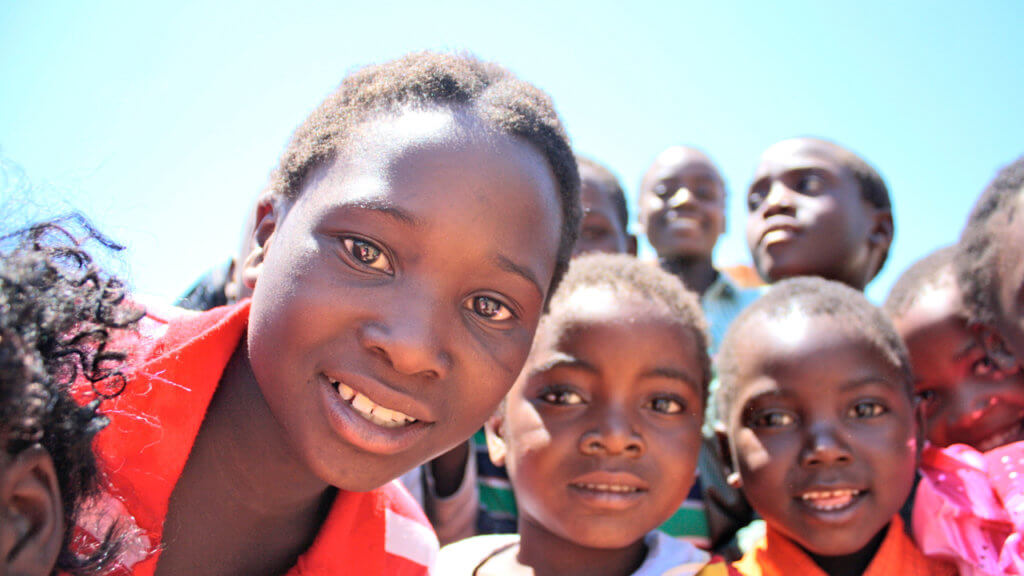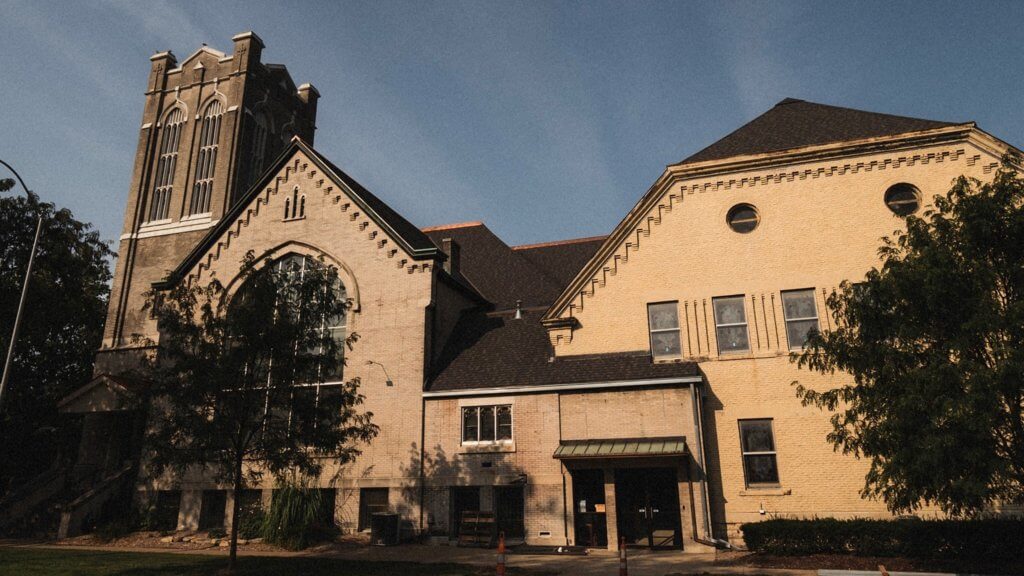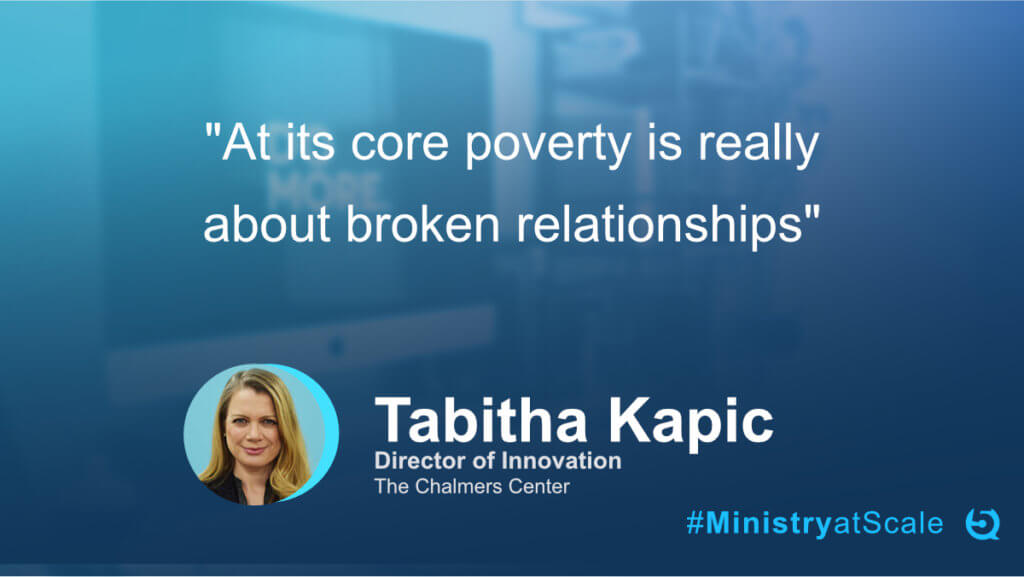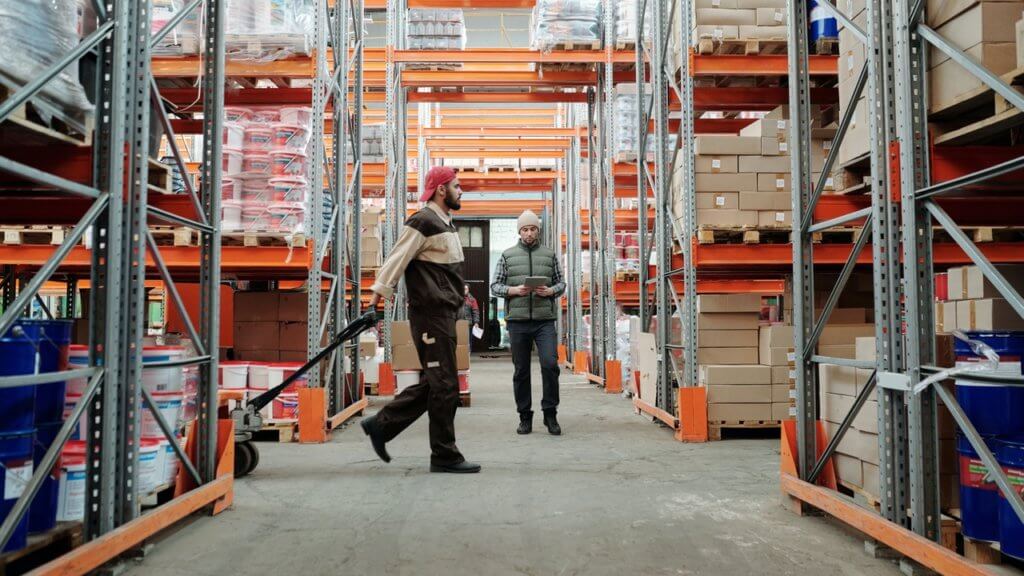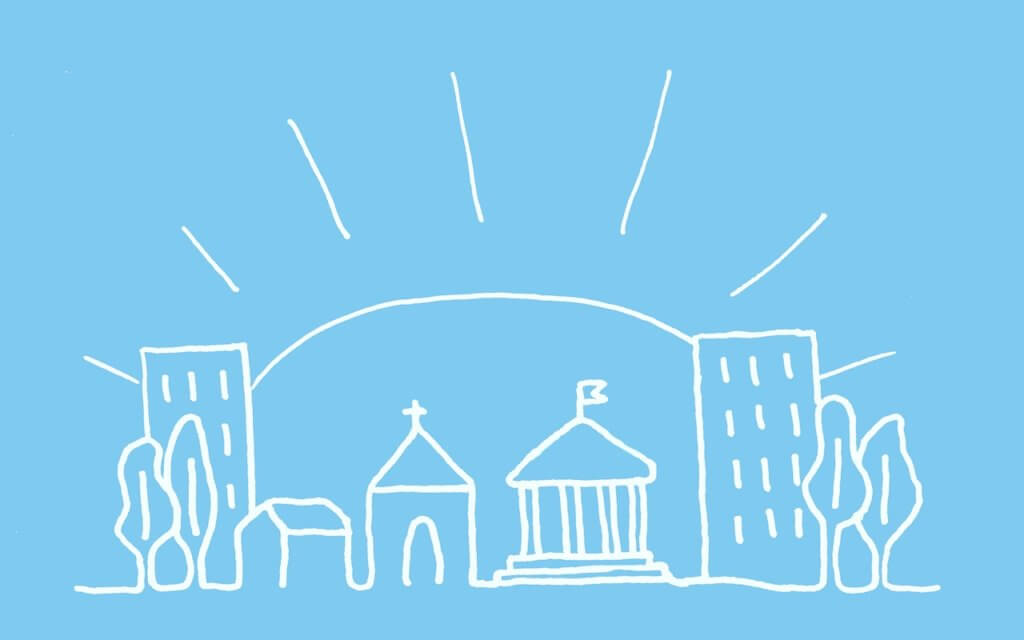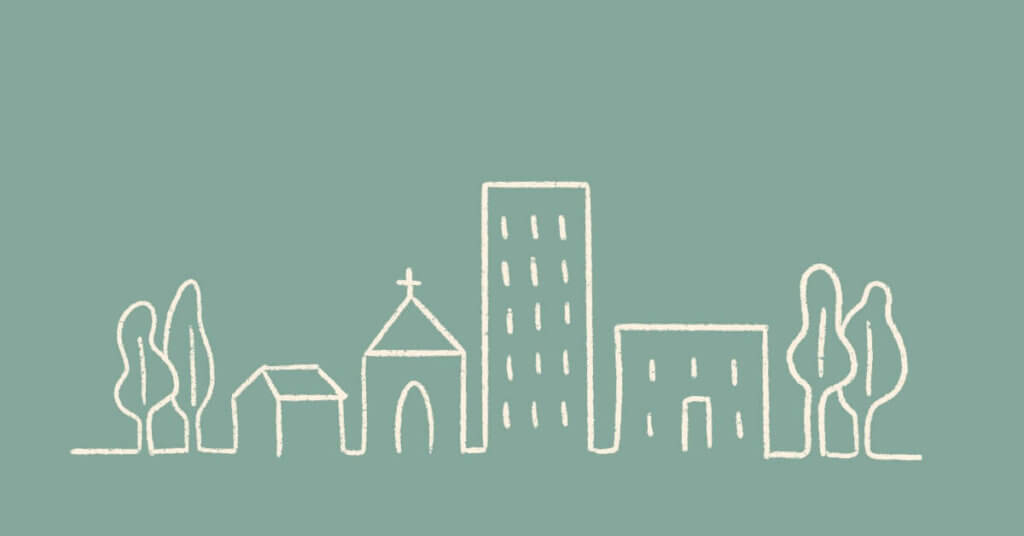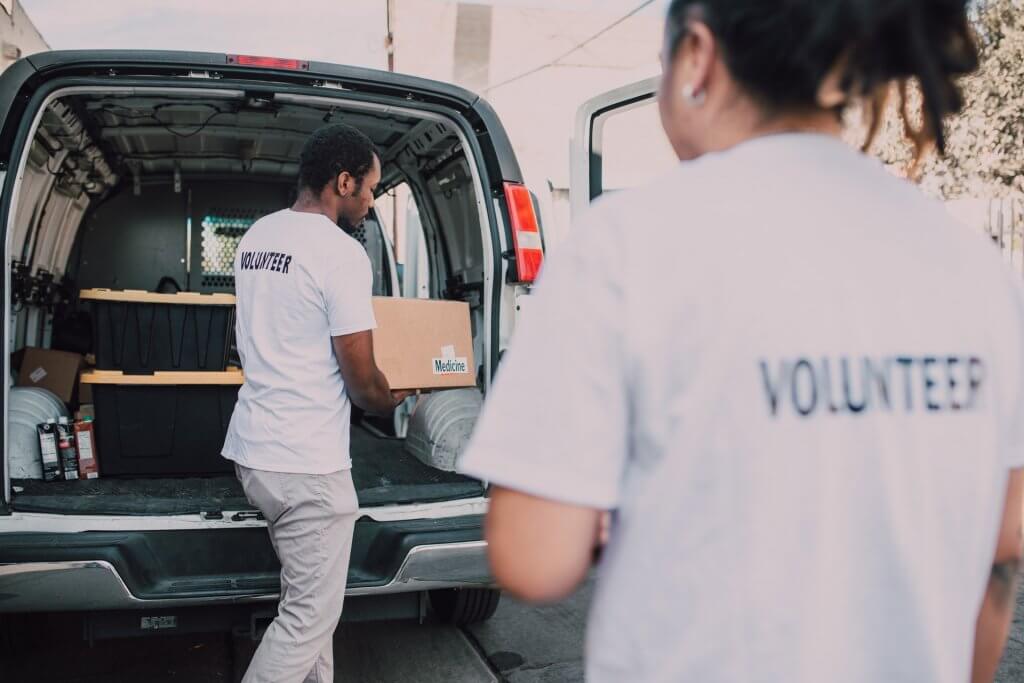Search
Categories
Tags
Video: Participation *Is* Development
Getting everyone involved in a ministry initiative isn’t just a means to sustainability, but the heart of healthy, transformational development. Researchers and practitioners have found that meaningful inclusion of materially poor people in the selection, design, implementation, and evaluation of any poverty alleviation effort increases the likelihood of its success. Unfortunately, we often pursue approaches…
Helping Orphans Without Hurting: Video and NEW Online Course
We recently hosted a webinar to talk about how strengthening families through savings and other financial services can address the material poverty at the root of most family separation. Watch a recording below: This conversation is the latest in a series of posts on the topic of learning how to provide better care for orphans…
Free Webinar: Helping International Orphans Without Hurting
Caring for orphans and vulnerable children is a foundational way the church expresses Christ’s love to the world (James 1:27). How we seek to help them makes a world of difference. Empowering families through household economic development can help us do this well over the long haul, strengthening families, churches, and communities to address the…
How to Best Help COVID Orphans
One million children worldwide have lost a primary or secondary caregiver during the COVID-19 pandemic. What can Christians do?
How Mothers’ Hearts Alleviate Poverty and Prevent Family Separation
Many children living in orphanages and institutions worldwide have living family members who could care for them—if only they had the necessary opportunities. How can churches and nonprofits empower mothers and families to care for their children?
When Helping Hurts in Christian Orphan Care
How we help vulnerable children makes a world of difference. How can we support the care of children in ways that strengthen families, churches, and communities?
Innovating the Kingdom
How can we shift our approach to helping people in poverty from giving people stuff to addressing broken relationships?
Tabitha Kapic, Director of Innovation at the Chalmers Center, recently appeared on the Ministry at Scale podcast to talk about how ministries and nonprofits can use innovation best practices to address the root causes of poverty.
Bending Your Hiring toward the Poor
Connecting people with good work is a crucial component of any long-term, sustainable poverty alleviation strategy. Imagine: what would be possible if you were in a position to offer good jobs to people? If you own a business or influence hiring decisions at your job, you may be able to do just that.
Overcoming Poverty: Keys to Flourishing
A few years ago, at a restaurant near Dallas, Texas, a young cashier with Down Syndrome told a customer, “I love my job! It’s who I am!” He enjoyed greeting and seating people, balancing the register at the end of his shift, and seeing people smile as they noshed on their signature sandwiches. This simple…
Why Talk About Work?
Work is good. It is the most effective way to provide for our material needs, but also provides ways for us to interact with the world around us and contribute to our community. How can we creatively shift our ministries to help people discover their God-given capacity for meaningful work?
Fostering Change
Adapted from Chalmers online training Helping without Hurting in Benevolence Ministry. The ultimate goal of poverty alleviation and development is the restoration of people to all that God has created them to be—priests and rulers who proclaim His glory to the world and call others to worship Him. A nearer-term goal is change. We long…
Collaborating for the Kingdom
Donors, ministries, and materially poor people are often very different and may live thousands of miles apart. It sure doesn’t feel like much of a community, and sadly, it often doesn’t function like one. How can we better practice kingdom community in the space of poverty alleviation?
Stewarding the King’s Gifts to Advance His Kingdom
Every poverty alleviation effort includes three groups of stakeholders: donors, ministry staff and volunteers, and the materially poor people the initiative hopes to serve. How can these three very different groups of people manage their differences and work together for God’s kingdom?
Connecting with Local Resources: Church and Parachurch Partnership
The church is called to address the social, spiritual, and physical needs of the poor—but that call is not only for the church. Parachurch organizations, nonprofits, and even businesses and government agencies can all be part of someone’s journey out of material poverty. How can these organizations work well together?
The Church, the Parachurch, and Poverty Alleviation
One way that the church’s responsibility to care for the poor is carried out in complex modern societies is through a wide range of parachurch ministries. While the parachurch should never undertake tasks that are exclusively given to the church, there is much that these ministries can do very effectively to care for the materially poor.
Why Good Intentions Aren’t Enough
How we diagnose the problem of poverty directly impacts how we will seek to address it. If we treat only the symptoms or if we misdiagnose the underlying problem, we will not improve the situation—and we might actually make the lives of the materially poor worse in the long run.


